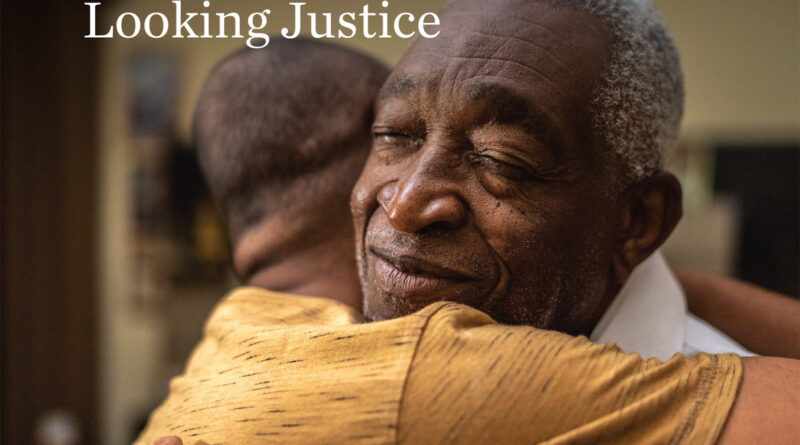Parole Reforms Under Fire as Convicts Evade Reimprisonment
A notable change enacted in 2022 in the state’s parole law has let Jamel McGriff, a former convict and registered sex offender, evade imprisonment despite clear violations of his parole conditions. Several years ago, his failure to update his registered address would have resulted in him being confined. However, recent parole reforms termed ‘Less Is More’ have enabled him to remain at liberty.
‘Less Is More’ is specifically designed to keep parolees out of jail while a comprehensive legal procedure determines their guilt or innocence on any new charges they face. Concurrently, the law also offers a three-strike clause to leniency, exempting parolees from punitive actions on their first two parole violations.
This reform in parole law was passed after a similar change in bail law, which has now been criticized for enabling repeated offenders back onto the streets. Interestingly, while the bail reform law generated public and media attention, the parole reform law remained relatively under the radar.
The legislative architect of the parole reform bill is Assembly representative Phara Souffrant Forrest, who affiliates with the Democratic Socialists of America. Her legislative colleagues, including a mayoral candidate and numerous others, co-sponsored the bill.
The authors defended the reform by expressing their belief that our system perpetuates perpetual punishment, rather than promoting rehabilitation. They asserted that ‘Less is More’ is a crucial step towards helping previous offenders reintegrate into society after serving their sentence.
The controversial bill was propelled through the Assembly by its Speaker and Senate Majority Leader before it was ultimately codified into law by the Governor. Critics have subsequently accused the new law of facilitating the return of violent ex-prisoners to New York City’s streets.
Last year, an alarming 85% of nearly 21,000 parolees who committed new offenses in New York state were released pending the resolution of their new charges. This figure represents a significant increase compared to 2021 when the law had not yet been enacted. In that year, 57% of nearly 18,000 parolees who committed new offenses remained free.
Interestingly, before ‘Less Is More’ was enacted, a violation like McGriff’s failure to update his register as a sex offender would have been adequate for a parole officer to have him detained pending the conclusion of a hearing. In fact, McGriff’s case raises additional concerns as he was suspected in two armed robberies in New York City during the summer.
The new parole reforms also imposed a more stringent demand for proving a parole violation. It increased the required evidentiary standard from a ‘preponderance of the evidence’ to ‘clear and convincing evidence’.
The number of people incarcerated following parole violations has decreased by 38% since these reforms were introduced, dropping from 2,332 in 2021 to 1,437 in 2024 using the most recent Department of Corrections data. Critics have suggested these reforms intended to make parole revocations more difficult, which they argue is rooted in the incorrect belief that ‘mass incarceration’ is largely driven by parole revocations.
As one example, 35-year-old McGriff was on parole after serving 17 out of a 20-year sentence for crimes ranging from robbery to sexual assault. Shockingly, while on parole, McGriff allegedly murdered an elderly couple inside their home.
Another disturbing case involves Jeffery ‘Zay’ Mackenzie, who was released on lifetime parole in 2022 after serving a 21-year sentence for killing a woman at a laundromat. Since his release, he has been arrested no less than four times on charges of drug dealing, with the case still going through the judicial process.
Likewise, Lateef Green, homeless and only recently paroled, was arraigned for attempted murder following an unsolicited knife attack on a subways rider. Green had served just short of four years in prison for a hate crime enacted in 2016, and was on parole when the subway attack occurred.
Moreover, Waheed Foster, a homeless ex-convict, was apprehended following a violent attack on a woman in a Queens subway station in 2022. Despite being arrested for a parole violation weeks prior to the assault, he was free at the time of the attack. Disturbingly, his criminal history includes a conviction for murdering his grandmother when he was 14.
Finally, the case of Charles Rowe, who spent nearly 35 years in jail for rape and murder, has sparked outrage. Despite a previous arrest for car theft while on parole, Rowe was charged with sexually assaulting one woman and raping another during his parole period. McGriff confessed to the murder and molestation of the elderly couple in an unusual admission after his capture.

